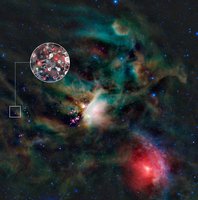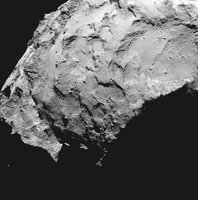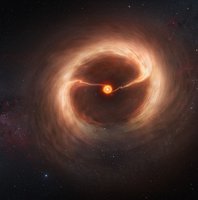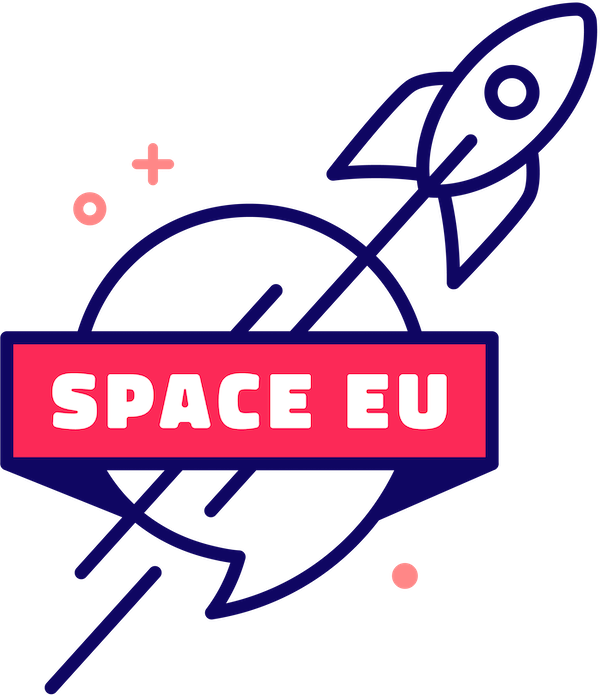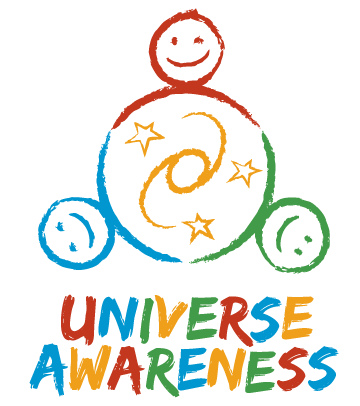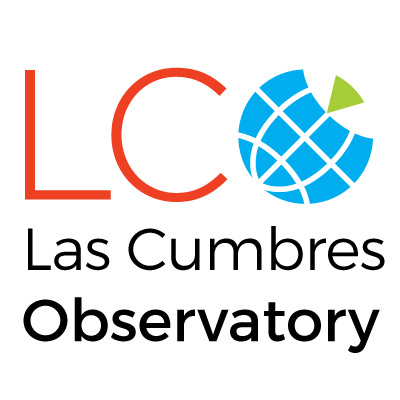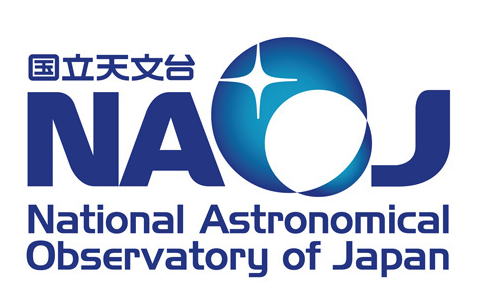Pegasus V is so named because it is the fifth dwarf galaxy discovered located in the constellation Pegasus.
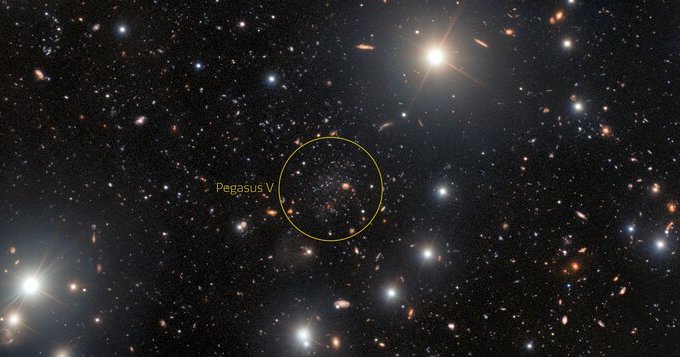
An international team of astronomers found a dwarf galaxy in the outskirts of the Andromeda Galaxy – located over 2.5 million light-years from us. The ultra-faint dwarf galaxy, Pegasus V, was spotted by a very attentive amateur astronomer looking at data in an image from the DESI Legacy Imaging Surveys. He found a 'smudge' that was later confirmed to be a super-faint dwarf galaxy, with observations from the Gemini North telescope in Hawaii.
The observations with Gemini showed that Pegasus V seems to have very little of the heavy chemical elements that normally appear in dwarf galaxies. Because of that, astronomers believe the galaxy is very old and is likely to be a fossil of the first galaxies in the Universe.
Very faint galaxies are 'cosmic fossils' of very old galaxies, as they contain clues of the formation of the Universe's first stars. Astronomers have not found as many of these 'fossils' as the theories predict. If there aren't as many of them, maybe they will have to rethink what they know about cosmology and dark matter.
Finding these very old and faint galaxies is a very hard task, though. They have very few of the bright stars astronomers use to spot them and measure their distances. This type of galaxy can help us understand how galaxies form – and also if what we know about dark matter is right.
Image credits: International Gemini Observatory/NOIRLab/NSF/AURA. Acknowledgments: Image processing: T.A. Rector (University of Alaska Anchorage/NSF’s NOIRLab), M. Zamani (NSF’s NOIRLab) & D. de Martin (NSF’s NOIRLab)



